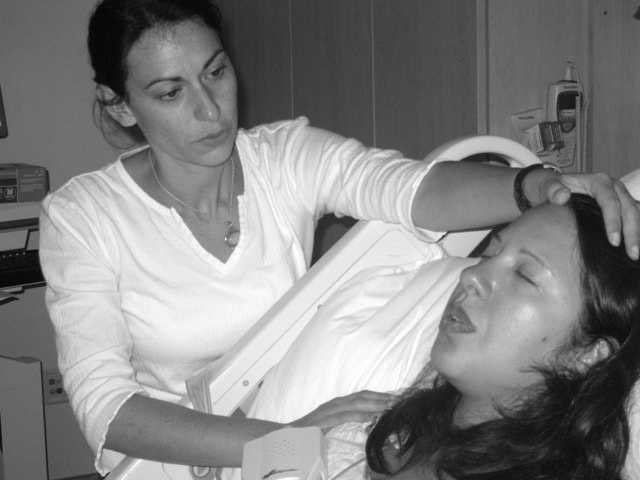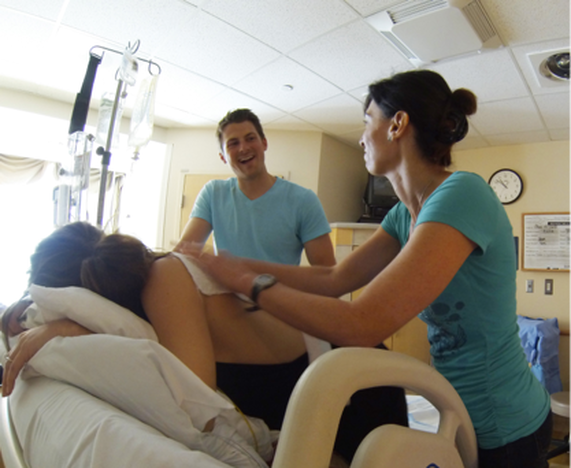South Bay's Pregnancy & Birth Concierge
A holistic approach to pregnancy & birth.
Patricia is an Experienced and Certified Birth Doula, Childbirth Educator, and Prenatal Yoga Instructor in Los Angeles.
�


